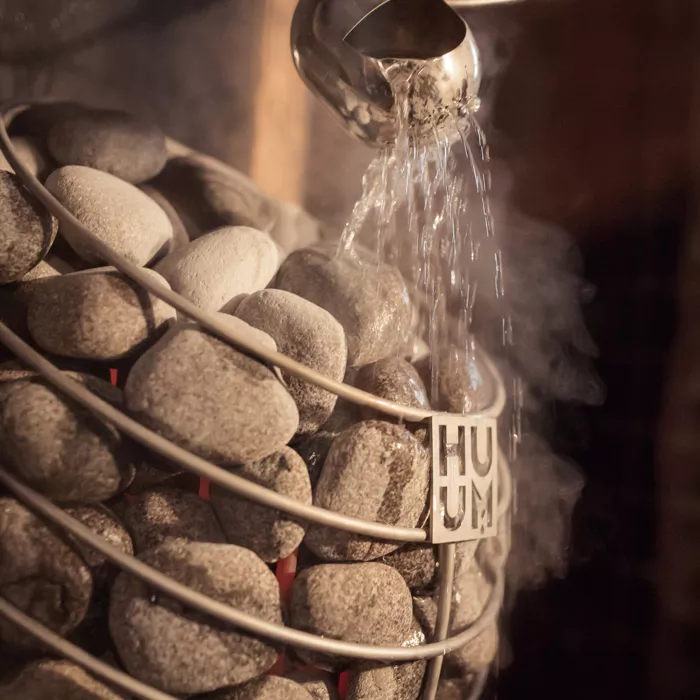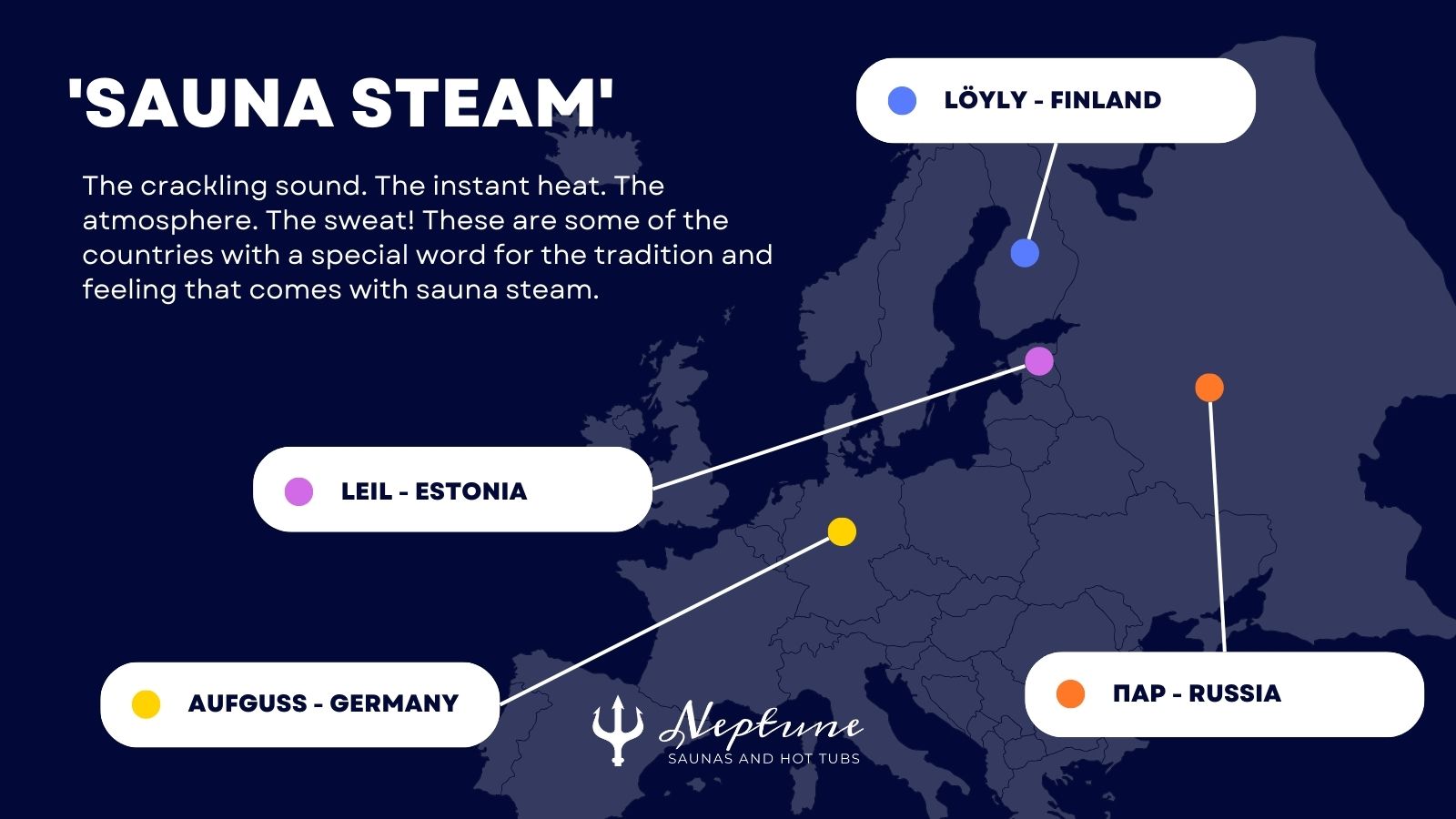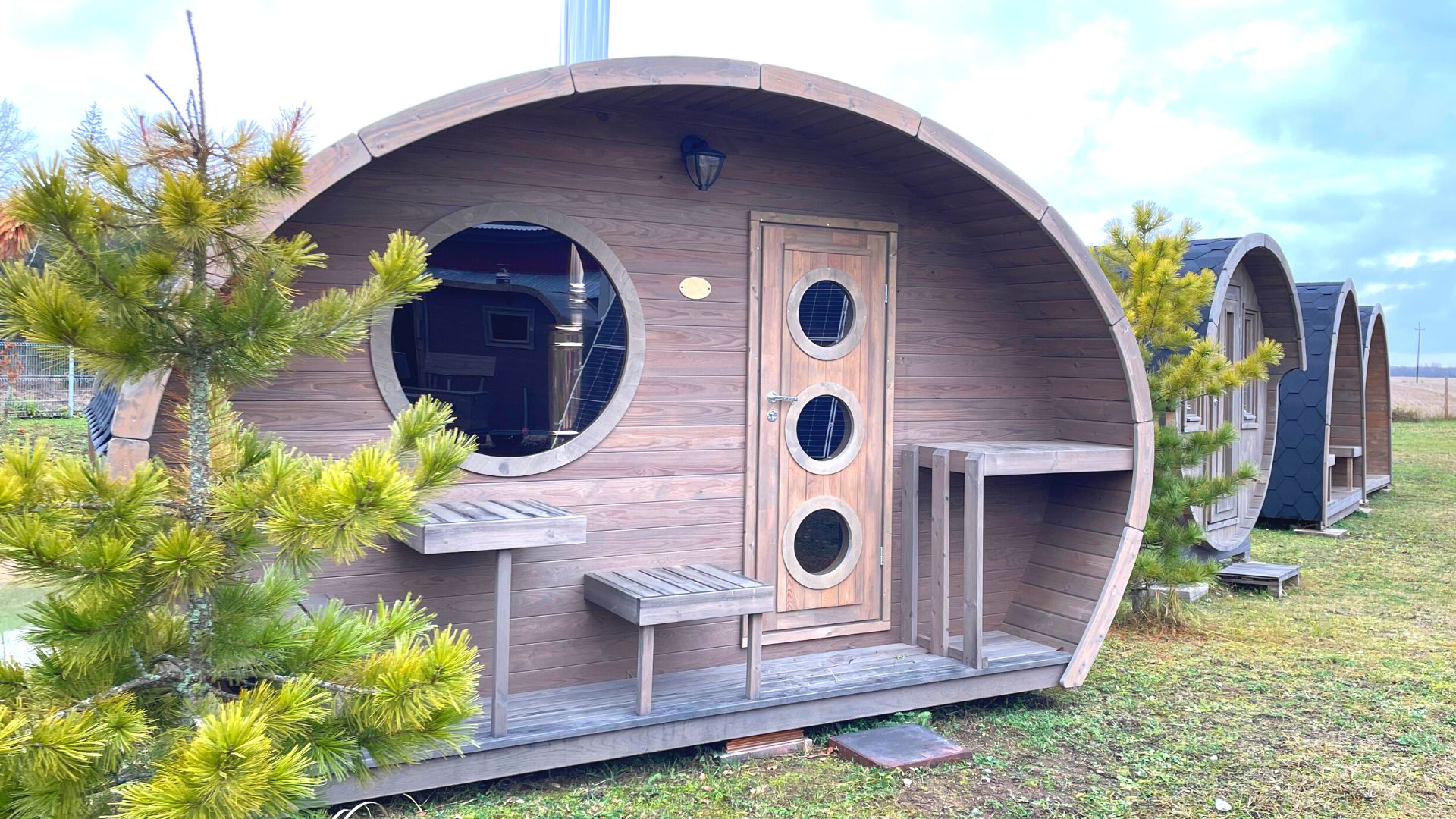What are Sauna Stones?
Sauna stones (also referred to as sauna rocks) are a key part of the sauna bathing experience. They help regulate the temperature and humidity in your sauna. Before heading out to buy new sauna rocks, you’ll want to know their key properties and what to look out for – we’ve got you covered.
Why Different Sauna Rocks Are Used
By placing your chosen stones onto a sauna stove, you create a large radiator effect in the room. Users commonly keep a bucket of water nearby to occasionally splash some water onto the stones. This increases the temperature of the room as well as the humidity.
The stones used can drastically impact the experience for the user as they each have their own unique properties. For example, softer stones like sandstone can emit a pleasant aroma when heated, while harder stones like granite can take longer to heat up but retain heat longer. In addition, some stones may even release minerals into the air during heating, which could be beneficial for health purposes.

Choosing Sauna Stones; What to Look Out For
The type of rock you choose for your sauna will depend on what you want to get out of it. And no, you won’t find sauna stones in your local field or driveway; they’re sourced for their unique properties and often processed before being sold on for use in your sauna.
Traditional sauna stones are made from igneous rocks, which are formed when magma cools and hardens. That’s because these types of rocks are known for their ability to retain heat and withstand rapid temperature changes without cracking or discolouration. These include basalt and granite. Newer, more expensive, or scarce stones include olivine and quartz.
Choosing the right stones for your sauna is a matter of personal preference, always try and make sure they’re smooth and nonporous. This will help prevent them from cracking or exploding as they heat up. Sauna stones also contain a high metal content which means they heat up quickly and are more resistant to cracking.
Using & Maintaining Sauna Stones
It’s recommended to periodically clean and replace stones to ensure a safe and enjoyable sauna experience. Sauna stones should be stacked to allow good ventilation through the basket. If stones sink down, it’s a good idea to reposition them. This also helps prevent the stones at the very bottom from disintegrating faster than the rest (since they will usually be closest to the heating elements).
If you sauna bathe regularly, you can usually help keep your stones clean by using essential oils with antibacterial properties in them (such as tea tree oil) from time to time.
Creating the Best Steam or Löyly
That enticing crackling sound. The clouds of steam. The instant rush of heat and humidity. It all starts with throwing a little water onto your hot sauna stones. This exhilarating experience is known as Löyly in Finnish, Leil in Estonian or пар in Russian.
Whatever you call it, this sauna steam opens your pores during your session; and it’s part of the reason why saunas are so great at helping you sweat out toxins.
The best way to create this steam is by using room-temperature water. Using cold water not only means you’ll get a harsher steam, your sauna rocks will also wear and start cracking sooner.
It’s important to avoid flooding your sauna stove with too much water – no more than a cup a time is plenty. Pour slowly (this also helps to avoid scolding your skin) – you can always add more water later.

Benefits of Different Sauna Rocks
If you’re not sure how to pick the right sauna rocks for your heater, we’ve highlighted 5 of the most common sauna rocks or minerals used in a sauna stove:
- Basalt – This is a dense, heavy rock that heats up quickly and retains heat well. It is commonly used in saunas because of its ability to withstand high temperatures.
- Granite – This durable rock is resistant to cracking and is a popular choice for saunas due to its ability to maintain heat.
- Olivine – Olivine has a high density, so it’s known for being durable. It’s relatively inexpensive, heats up quickly and is widely considered one of the more beautiful stones to use in a sauna stove.
- Jade – Jade stones are not only a stunning green colour, but they never crack and don’t need any additional treatment. They’re widely regarded as one of the most durable stones for a sauna but they are also one of the most expensive options.
- Quartz – This mineral is known for its ability to heat up quickly and evenly. It is also popular for its aesthetic qualities, including its clear or coloured appearance. Red quartz is popular in Russia and is said to save up to 30% energy consumption.
FAQs on Sauna Stones
No, not all types of rocks are suitable for use in a sauna as they may contain impurities or release harmful toxins when heated. Anything containing asbestos or sulphur as they will be dangerous when heated up. If you’re not sure, then it’s best to stick to using rocks that are specifically designed for use in saunas.

Looking for your own home sauna?
Browse our beautiful collection of outdoor sauna buildings.
 +372 5552 6261
+372 5552 6261
